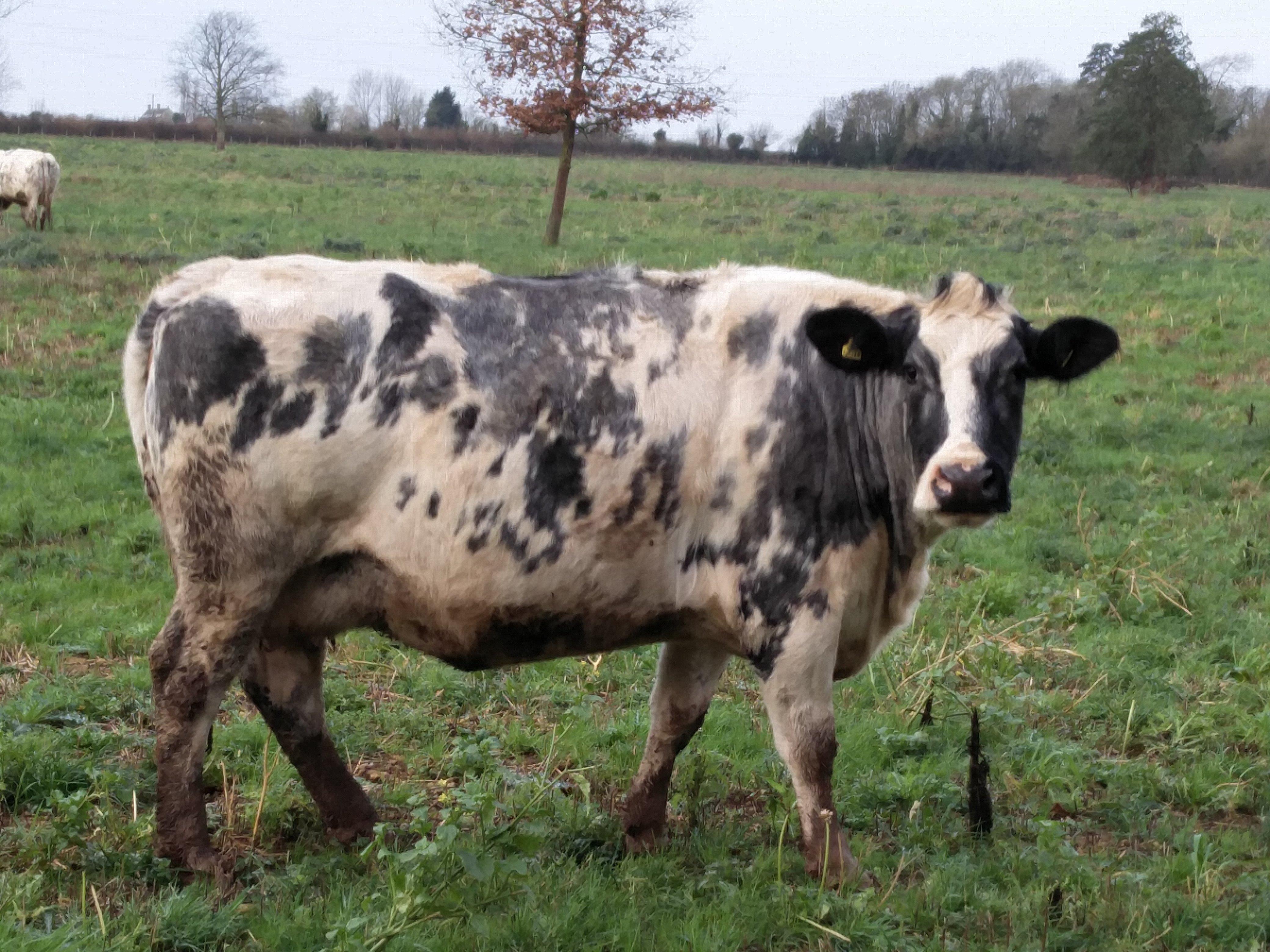The small and humorously named hamlet of Crazies Hill in Berkshire may have a population of only 313, yet it could nonetheless prove to be the key to Government plans to equip 95% of the UK with super-fast broadband by December 2017. Earlier this month, its residents agreed a deal to have fibre-optic broadband cables installed under its roads and homes. However, rather than signing with such big internet service providers (ISPs) as BT or Virgin, they signed with the considerably smaller Gigaclear.
This news may have come as surprise to some observers, if only because BT and Virgin had both previously been tipped to connect the long-suffering Crazies Hill to the world of super-fast broadband. Last November, BT employees attended meetings in the hamlet after local residents had complained of sub-2Mbs internet speeds. Meanwhile, in July of this year, Virgin had committed to bringing fibre-optic broadband to the nearby village of Wargrave, raising hopes that they could easily connect its smaller neighbour.
Yet things, as they say, didn’t turn out as planned. It soon emerged that, if residents wanted either BT or Virgin to supply them with super-fast broadband, they’d have to raise a lump sum of anything from £100,000 to £200,000. This would’ve meant that each household would be liable for a payment of between £660 and £1,320. Added to the fact that these households were told by both providers that the rollout wouldn’t be completed in the hamlet until 2018, this steep cost forced them to look elsewhere.
This was how they came across Gigaclear, who in contrast to their bigger rivals didn’t want a large upfront payment in order to install fibre-optic cables in the area. Instead, they affirmed in July that they could perform the necessary work simply on the condition that at least 40% of local residents signed up to the internet service they’d be able to offer once this work was finished. Given that signing up would involve an activation charge of only £100 and a £95 installation fee (which can be avoided if customers install their routers themselves), this minimum target of 40% was soon hit. As a result, Gigaclear won the contract, promising to have the work completed by May 2016.
This is all significant because, contrary to what might be implied when the likes of BT boast that they’ve delivered high-speed broadband to 25 million premises, it shows that smaller providers are also pivotal to the Broadband Delivery UK (BDUK) project. It shows that, when it comes to connecting the remaining 10% of the UK that hasn’t yet been covered by BDUK, Gigaclear and other smaller ISPs like Call Flow and Cotswolds Broadband will be key.
Without Gigaclear’s involvement, Crazies Hill would still be looking for a provider to connect it, since the bigger ISPs all deemed the hamlet too small and under-populated to be worth the expense. However, unlike these bigger providers, Gigaclear’s business model means they don’t have to exploit particularly large economies of scale in order to be profitable. Since they offered residents an ultrafast broadband connection on the condition that these residents subscribe to their service, they’ll be recouping the costs of installation over time, rather than immediately. This allows them to serve even the smallest and most remote of communities, because these communities don’t have to pay for everything all at once.
This approach will prove highly valuable in plugging the remaining gaps in the UK’s broadband. Indeed, in recent months BDUK has been making slower progress (PDF), as it seeks to expand into more inaccessible rural locations and move from 90% coverage to the target of 95%. It’s here that the project and the Government should bring in the likes of Gigaclear to play a bigger role, since it’s such smaller ISPs who are more able to serve rural areas.
Also, BT has of late been criticised by Ofcom and other parties for its sometimes lacklustre performance in rolling out super- and ultra-fast broadband throughout the UK, which in fact lags behind many other developed nations in its fibre-optic coverage. While Ofcom has attempted to rectify this problem by calling for BT’s Openreach division to be legally separated from BT as a whole, it would also go a long way to helping the situation if Gigaclear and other smaller ISPs like Call Flow and Cotswolds Broadband were given more support by the Government.
With more support and funding, and with more involvement in official projects, the likes of Call Flow and Gigaclear would be better able to afford more of the initial outlays that are then recouped over time via internet subscriptions. They would be able to apply their particular subscription-based models to more rural areas at the same time, and they would therefore go much further in advancing the UK towards its 95% target. What’s more, having just signed a deal in July with CityFibre to use 1,100km of the latter’s fibre-optic network, it really does seem as though Gigaclear are more than ready to assume a greater role in BDUK.
If the Government is serious about meeting this target, then it should seriously consider giving less priority to BT and other big providers, and more to such smaller providers. Not only would it help to reduce the arguable monopoly that BT hold over the UK’s broadband network, but it would also significantly reduce the time which rural communities like Crazies Hill would have to wait before being able to join this network. And that, when all’s said and done, is what Broadband Delivery UK is really all about.
 Simon Chandler is the news editor of Choose, a consumer information site covering home media and mobile services including broadband services and digital inclusion topics.
Simon Chandler is the news editor of Choose, a consumer information site covering home media and mobile services including broadband services and digital inclusion topics.

